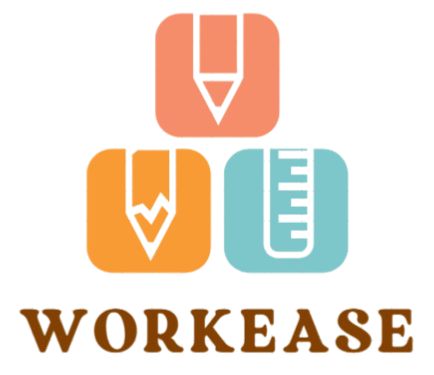
How a Wall Calendar Changes the Way You Feel About Time
Share
There is something strangely comforting about glancing at a wall calendar.
It does not blink.
It does not scroll.
It does not rush you.
It simply waits quietly on the wall, holding time in a way that feels calm and human.
1. A Calendar Turns Time Into Something You Can See
On a screen, time feels abstract.
Numbers appear and disappear.
Deadlines hide behind notifications.
A wall calendar makes time visible.
You can look at it in one glance and understand where you are.
That visual clarity changes how heavy time feels in your body.
2. Seeing the Whole Month Reduces Hidden Anxiety
When you can only see one day at a time, the future feels unknown.
Unknown creates tension.
A calendar shows you the full shape of your month.
Your brain stops guessing.
It stops creating imaginary pressure.
You feel more grounded because time becomes predictable.
3. Crossing Off Days Creates Emotional Closure
There is a quiet satisfaction in marking a day as “done.”
That physical act tells your brain:
You survived today.
You completed something.
You are moving forward.
Digital tasks disappear quietly.
Paper marks feel real.
Your mind trusts physical closure more deeply.
4. A Calendar Softens the Feeling of Being Chased
Without visual time, you feel chased by vague urgency.
A calendar slows time down.
It turns time into blocks instead of storms.
You feel less hunted by the day.
You feel more like you are walking through it.
5. Planning Becomes Gentler When Time Feels Physical
Digital planning feels cold.
Boxes appear without weight.
A wall calendar feels solid.
You can imagine your week.
You can feel the spacing between days.
That physicality makes planning calmer instead of stressful.
6. Empty Spaces on a Calendar Feel Like Breathing Room
White space is powerful.
Looking at empty dates gives your mind permission to rest.
You stop feeling like every second must be filled.
Your mind understands that not everything is urgent.
7. Calendars Create Tiny Daily Rituals
Many people start or end their day by glancing at their calendar.
That small habit becomes a grounding ritual.
It frames your day.
It gives it a beginning and an ending.
Simple rituals create emotional safety.
8. Time Feels Kinder When It Has a Place to Sit
When time floats only in your head, it feels aggressive.
When it sits quietly on the wall, it feels manageable.
It feels like something you can coexist with.
Not something that is attacking you.
9. A Calendar Reduces the Fear of Forgetting
The fear of forgetting is exhausting.
Wall calendars act as visual memory.
You stop mentally holding everything at once.
Your brain rests because time is being held somewhere else.
10. You Feel Less Alone When Time Feels Organized
A strange thing happens.
When time feels organized, you feel less isolated.
Your day feels like part of a larger flow.
That emotional connection changes how heavy life feels.
11. A Calendar Teaches Patience Without Words
Seeing future dates teaches your brain that not everything must happen now.
Waiting stops feeling like failure.
It starts feeling like natural timing.
That shift is gentle but powerful.
12. Time Stops Feeling Like an Enemy
Eventually, something subtle changes.
Time stops feeling like pressure.
It starts feeling like structure.
And structure feels safe.
Final Thoughts
A wall calendar does not control your time.
It gives your mind a place to rest.
It makes time softer.
It makes days feel more human.
And sometimes, that is more powerful than any productivity tool.
